B2B Marketing in China
Successful B2B Marketing in China

What makes China B2B Marketing so special?
China B2B marketing is an approach to B2B marketing that takes into consideration China’s unique context and channels, including China’s historical and social context, as well as marketing channels such as WeChat and Zhihu.
In the intricate and fast-paced business environment of China, mastering B2B marketing is more than a strategic advantage—it's a necessity. The Chinese market, with its unique digital ecosystem, consumer behavior, and regulatory framework, presents both significant opportunities and challenges. This short guide dives deeper into the strategic underpinnings, persona development, and the specialized channels that define B2B marketing in China, offering a roadmap to navigate and succeed in this complex market. All of this is based on our practical experience in China, working for over 20 years with companies of all sizes and industries.
Understanding the Chinese B2B Landscape
China's B2B market has evolved so quickly over the past few years. Thanks to its strong digital backbone and the government's push for cutting-edge and eco-friendly industries, it's an ideal place for B2B companies to thrive. That said, really making it big here isn't straightforward. You've got to get a good grip on what makes this market tick and go beyond the stereotypes of marketing here. It's not just about going digital—it's about meshing the old with the new in a way that makes sense here in China. So, a strategy that's been tailor-made for this unique setting is key.
Strategic Foundations in B2B Marketing
Market Research and Localization
Effective B2B marketing in China starts with comprehensive market research and a deep commitment to localization. This means going beyond surface-level adjustments to ensure that your business strategy aligns with Chinese cultural norms, consumer expectations, and regulatory requirements. Understanding regional disparities within China is crucial, as consumer behavior and business practices can vary significantly from one province to another.
Proper Localization
Proper localization means ensuring your materials are in simplified Chinese, professionally translated and edited to match your global brand tone of voice. Many websites are blocked in China or run slowly, so many companies set up a subdomain or separate website either in mainland China or in Hong Kong. If you are hosting your server in mainland China, don’t forget that you need an ICP license displayed on your website (not difficult, but in general you must have a business entity in China).
Digital Transformation
The Chinese market is at the forefront of digital innovation, making digital transformation a cornerstone of any successful B2B marketing strategy. This includes leveraging advanced analytics, artificial intelligence, and digital platforms to enhance customer engagement, optimize marketing campaigns, and streamline operations. In a market where digital trends evolve rapidly, staying abreast of technological advancements and integrating them into your strategy is vital. COVID accelerated the digital transformation process for many B2B companies.
Building Relationships
In China, business is built on guanxi (relationships). This cultural cornerstone influences every aspect of B2B marketing, from initial outreach to closing deals. Cultivating strong, genuine relationships with partners, clients, and other stakeholders is crucial. This involves regular, face-to-face interactions and demonstrating a commitment to long-term cooperation and mutual benefit. Is it different from anywhere else in the world, where connections also matter? That point is up for debate.
Persona Development: Tailoring Your Approach
Developing precise buyer personas is critical for targeting your marketing efforts effectively in China. This process requires a deep dive into the specifics of your target market:
- Market Segmentation: Detailed segmentation allows for the creation of highly tailored personas. Consider factors such as industry, company size, and geographical location. For instance, the needs and behaviors of businesses in Tier 1 cities like Shanghai and Beijing can be vastly different from those in Tier 2 and Tier 3 cities.
- Understanding Decision Makers: Chinese businesses often feature complex hierarchies. Identifying who makes purchasing decisions, who influences them, and how these decisions are made is key. This knowledge allows for targeted marketing efforts that speak directly to those with decision-making power.
- Cultural Nuances: Integrating cultural insights into your personas enhances the resonance of your marketing messages. For example, emphasizing product reliability and after-sales service can appeal to the Chinese emphasis on long-term business relationships.
Unique Channels for B2B Marketing in China
Leveraging China's unique digital platforms is essential for B2B marketing success. Here's how to utilize each channel effectively:
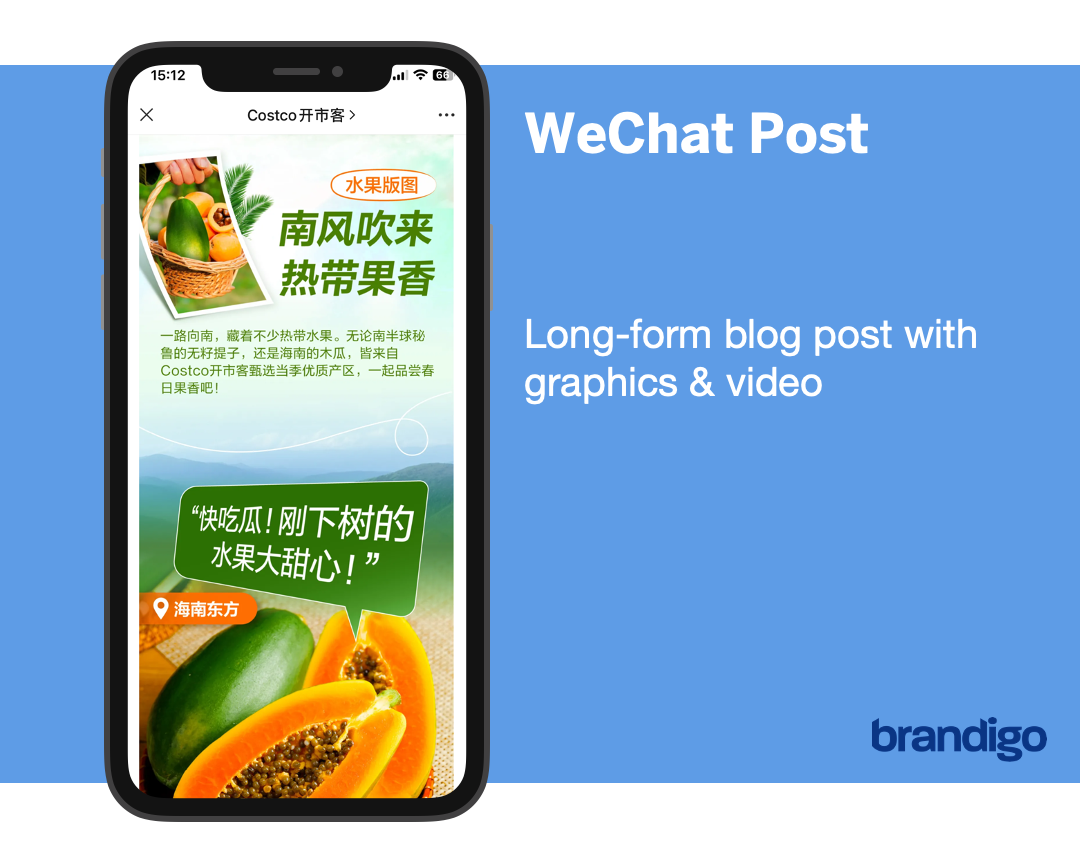
WeChat transcends being a mere messaging app; it's a comprehensive platform for engagement, sales, and marketing. Successful B2B strategies on WeChat include:
- Official Accounts: These are pivotal for content marketing, allowing businesses to publish articles, updates, and engage with their audience directly. Regular, insightful content that provides value can help establish your brand as an industry leader.
- Mini Programs: These app-like functions can facilitate everything from lead generation to direct sales, offering a seamless user experience without leaving WeChat.
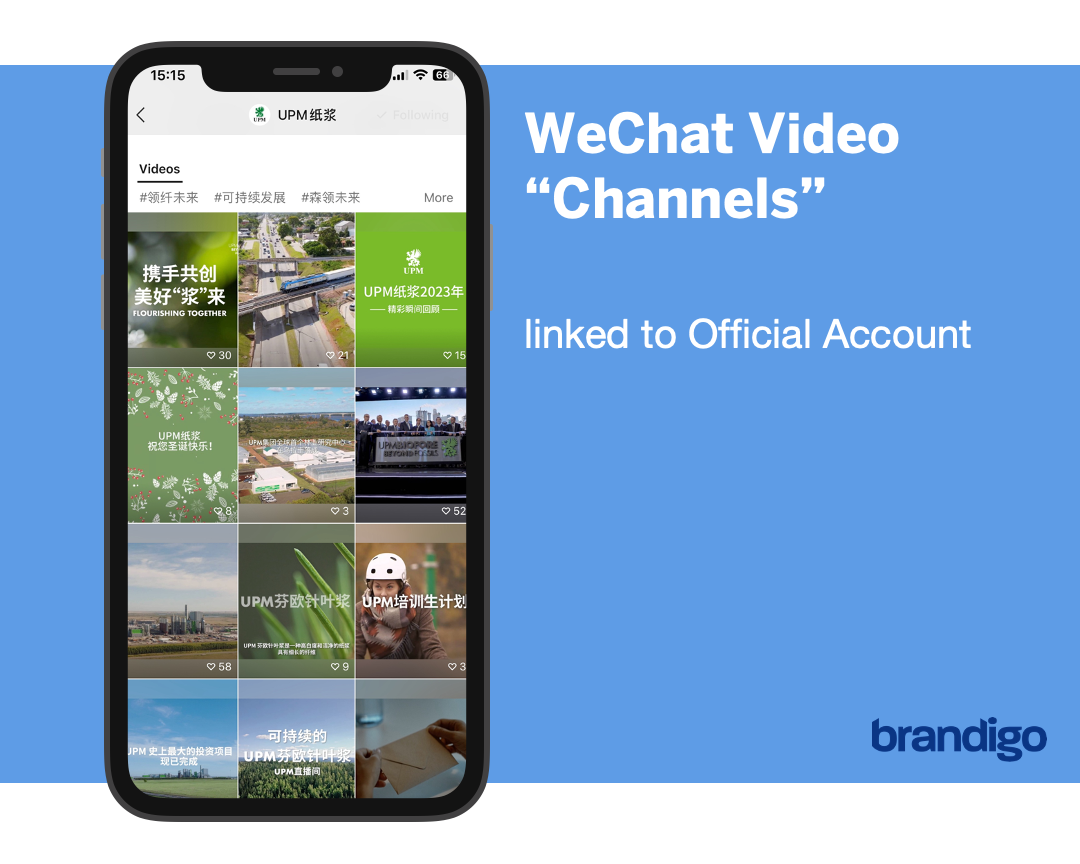
WeChat Channels
- This is WeChat’s video channel, which ties into your Official Account.
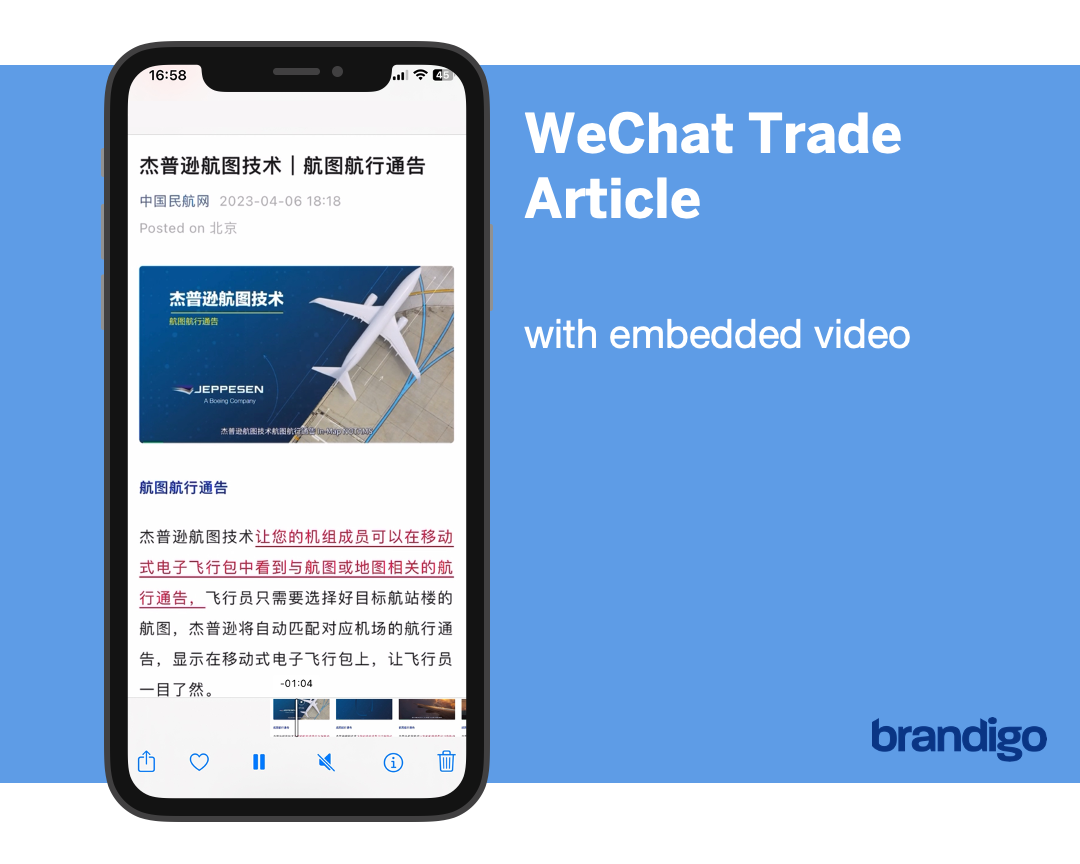
WeChat Trade Accounts
- Most media have migrated to WeChat, and these are the main channels to reach your potential customers.
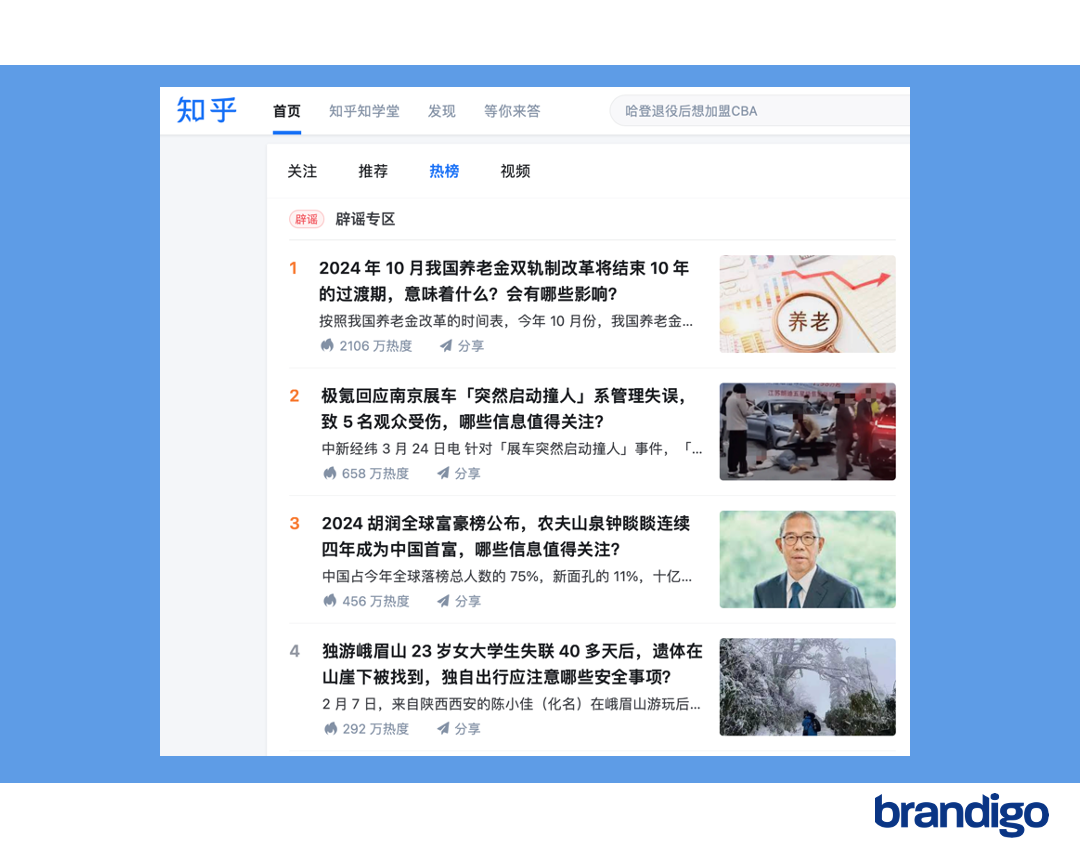
Zhihu
Zhihu is a powerful platform for establishing thought leadership and engaging with a professional audience. To leverage Zhihu effectively:
- Q&A Participation: Actively answering industry-related questions can help build your brand's authority and visibility.
- Content Publishing: Zhihu allows for in-depth articles and analyses, providing a platform to share expert insights and attract attention from industry professionals.
- Community Engagement: Participating in relevant discussions and contributing valuable insights can help build a loyal following and foster professional relationships.
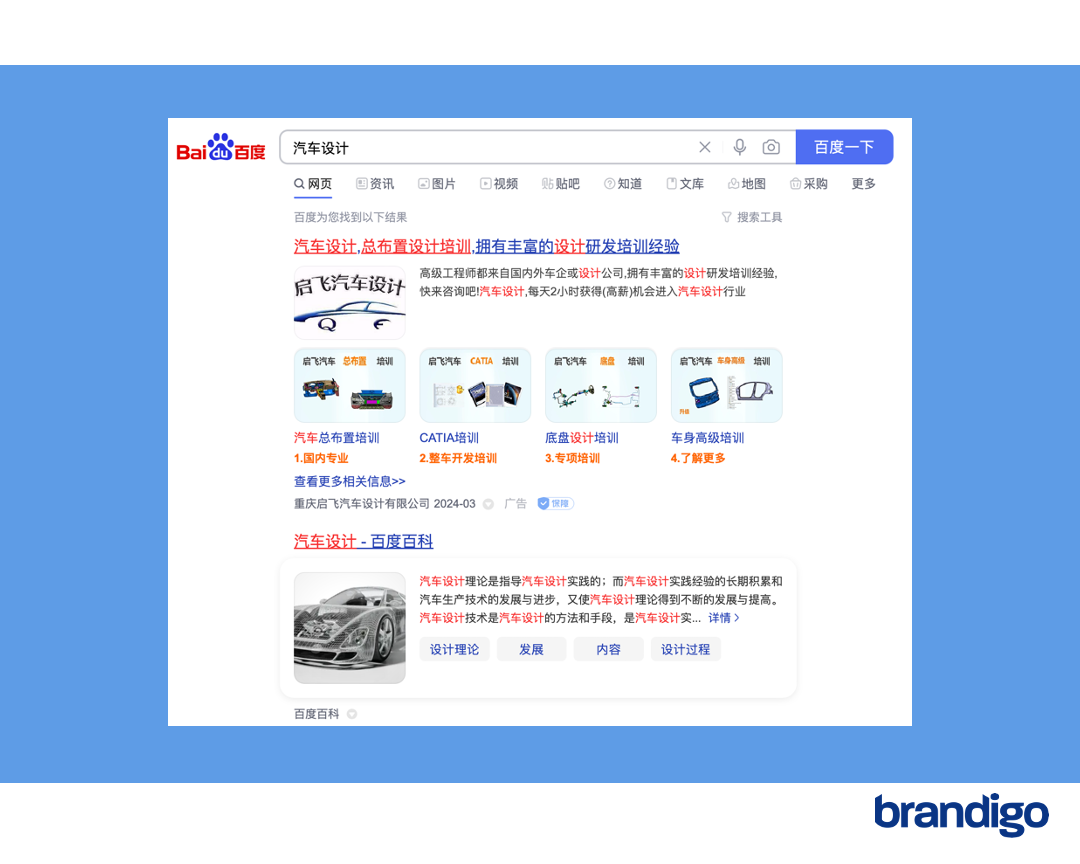
Baidu SEO and SEM
With Baidu being the dominant search engine in China, a tailored approach to SEO and SEM is essential:
- SEO: Optimizing your website for Baidu involves understanding its unique algorithms, which prioritize local content and websites hosted within China. Utilize Baidu Webmaster Tools to improve your site's visibility. In general, SEO is a long, slow slog to gain higher rankings.
- SEM: Baidu's paid advertising offers targeted options to reach potential business clients. Utilize keyword research and ad optimization strategies specific to Baidu to maximize your ROI.
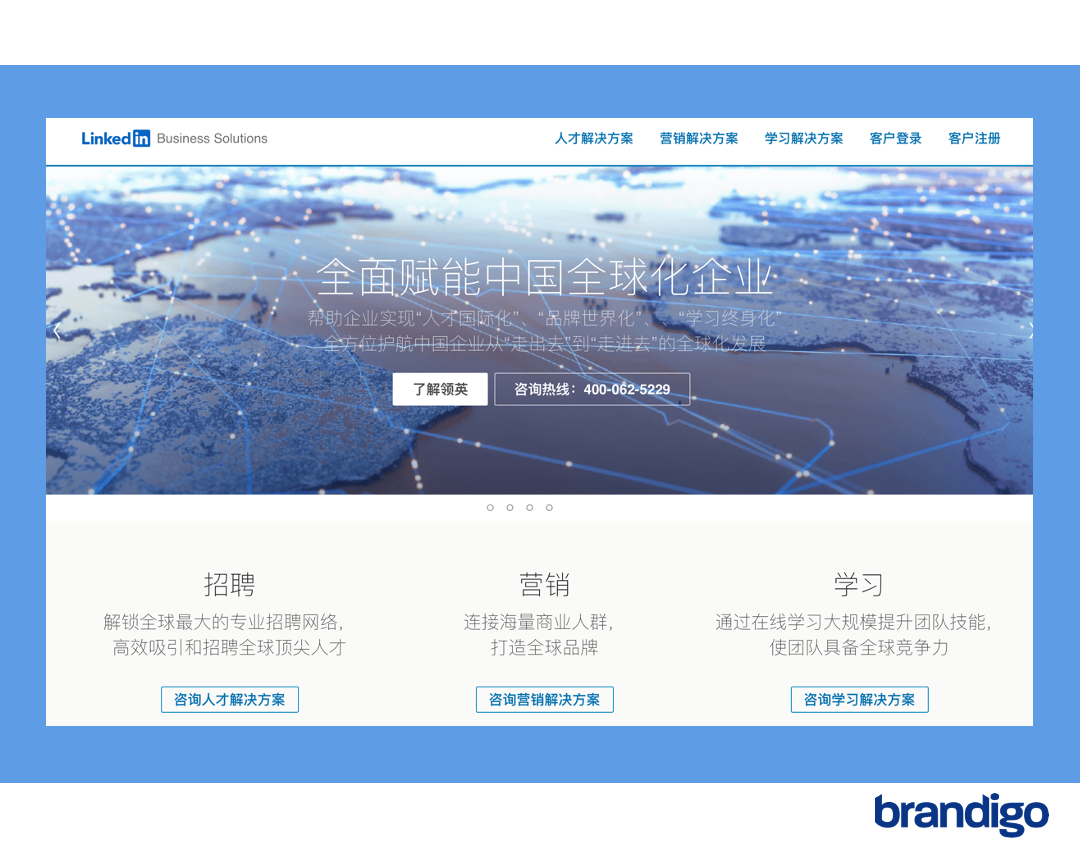
What about LinkedIn?
LinkedIn is no longer available in China except for a dedicated site for hiring only.
Is Email dead in China?
Email plays a role in marketing in China, though it's not quite the powerhouse it is in Western countries. Typically, Chinese professionals will go through their emails during work hours. We’ve seen email inbound campaigns fail as many Chinese users will not leave their company email, so something like a traditional Hubspot inbound marketing campaign doesn't really work very well.
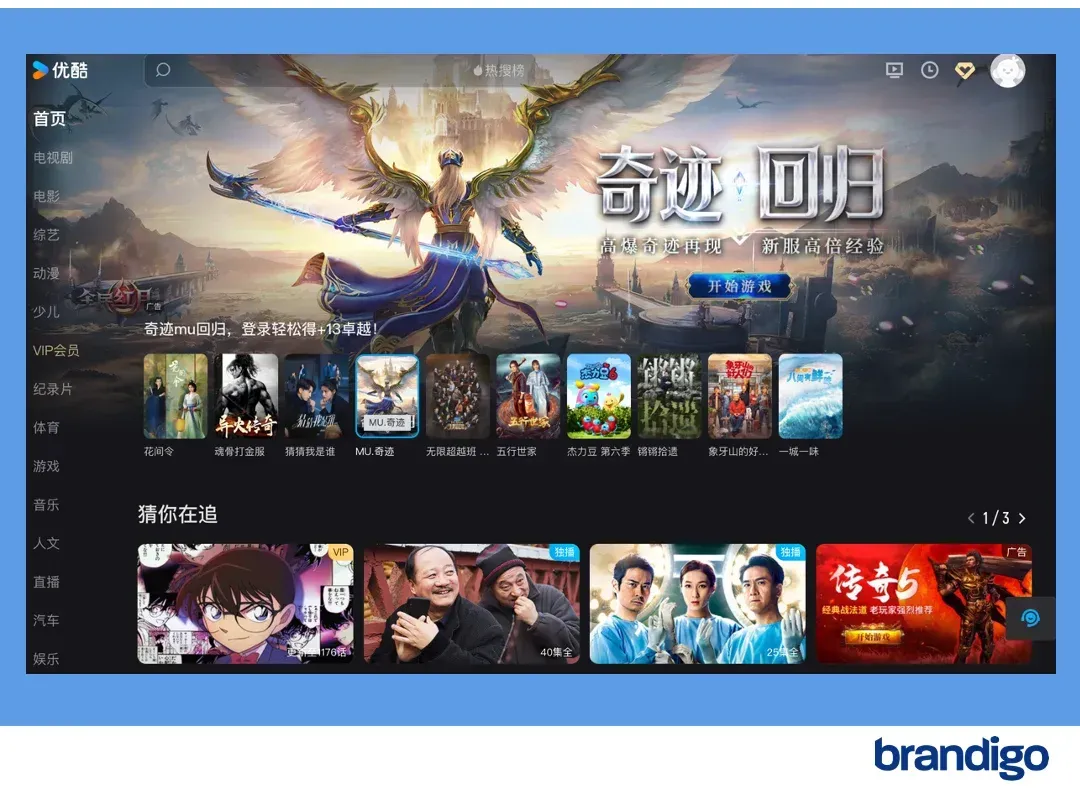
Is Youku the same as YouTube?
No, Youku is more geared towards TV series and movies than corporate video. Also, unless you pay an exorbitant fee, if you want to use a video hosted by Youku on your website, it will usually have pre-roll advertising (over which you have zero control) – not a great look for a serious B2B company.
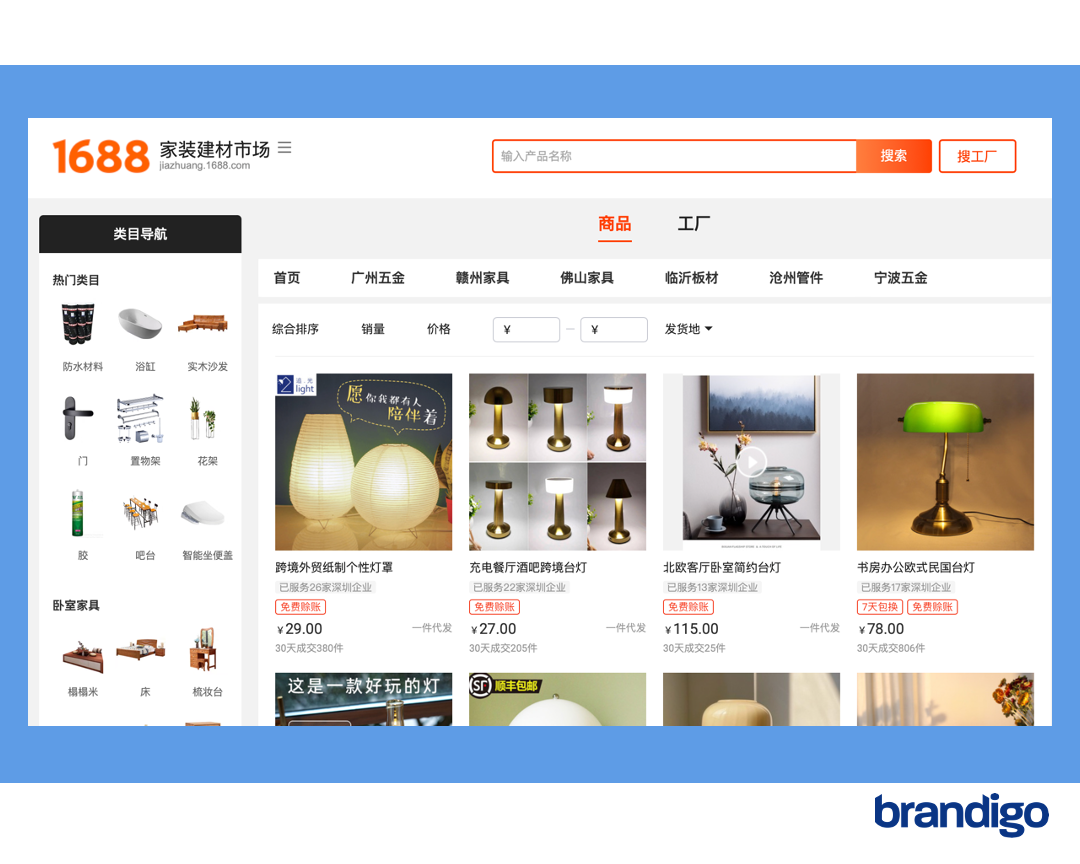
Industry-Specific Platforms
Platforms like 1688.com cater specifically to B2B transactions, offering a marketplace for businesses to connect, purchase, and sell goods and services. To effectively use these platforms:
- Product Listings: Ensure your listings are detailed, with high-quality images and descriptions tailored to the Chinese market.
- Market Trends: Stay informed about industry trends and buyer preferences to adjust your offerings and marketing messages accordingly.
- Customer Service: Offering prompt, helpful customer service can set you apart from competitors and build long-term relationships with buyers.
Implementing Your Strategy
Execution is key in the Chinese B2B market. This involves iterative testing, continuous optimization, and staying agile in response to market changes. Building a local team or partnering with local experts can provide invaluable insights and help navigate the market's complexities. Regularly reviewing and adapting your strategy based on performance data and market feedback ensures that your marketing efforts remain effective and aligned with your business goals.
Lead Generation
In China, lead generation leverages both traditional and innovative digital tactics. Content marketing, especially through platforms like WeChat and Zhihu, plays a significant role in attracting potential leads by offering valuable insights and solutions. Additionally, participating in trade shows and industry events remains a powerful method for generating high-quality leads and building Guanxi.
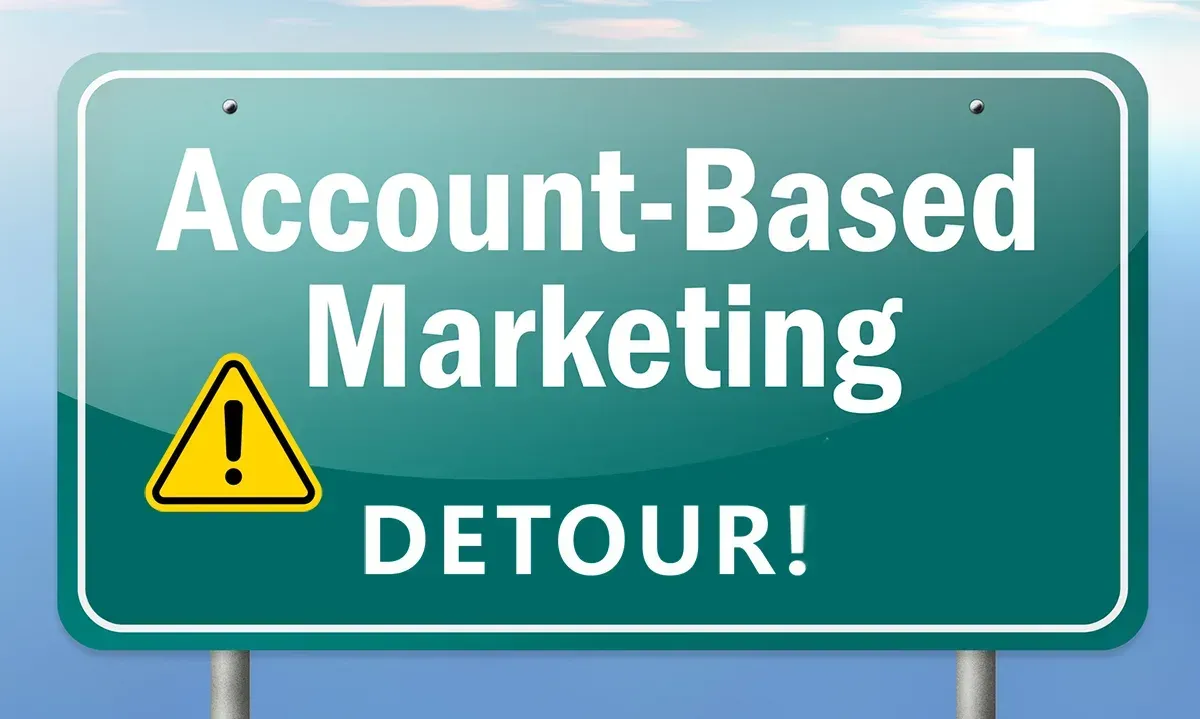
Account-Based Marketing (ABM)
ABM is gaining traction in China as B2B marketers seek more personalized and strategic approaches to engage key accounts. This involves creating customized marketing campaigns focused on specific organizations or decision-makers, utilizing data analytics to tailor messaging and solutions to the unique needs and pain points of each target account. Implementing ABM in China requires a deep understanding of the target company's business culture, decision-making hierarchy, and industry challenges. WeChat’s walled garden, along with strict data privacy laws, pose challenges to delivering a true ABM program – most efforts are really mislabeled demand generation campaigns.
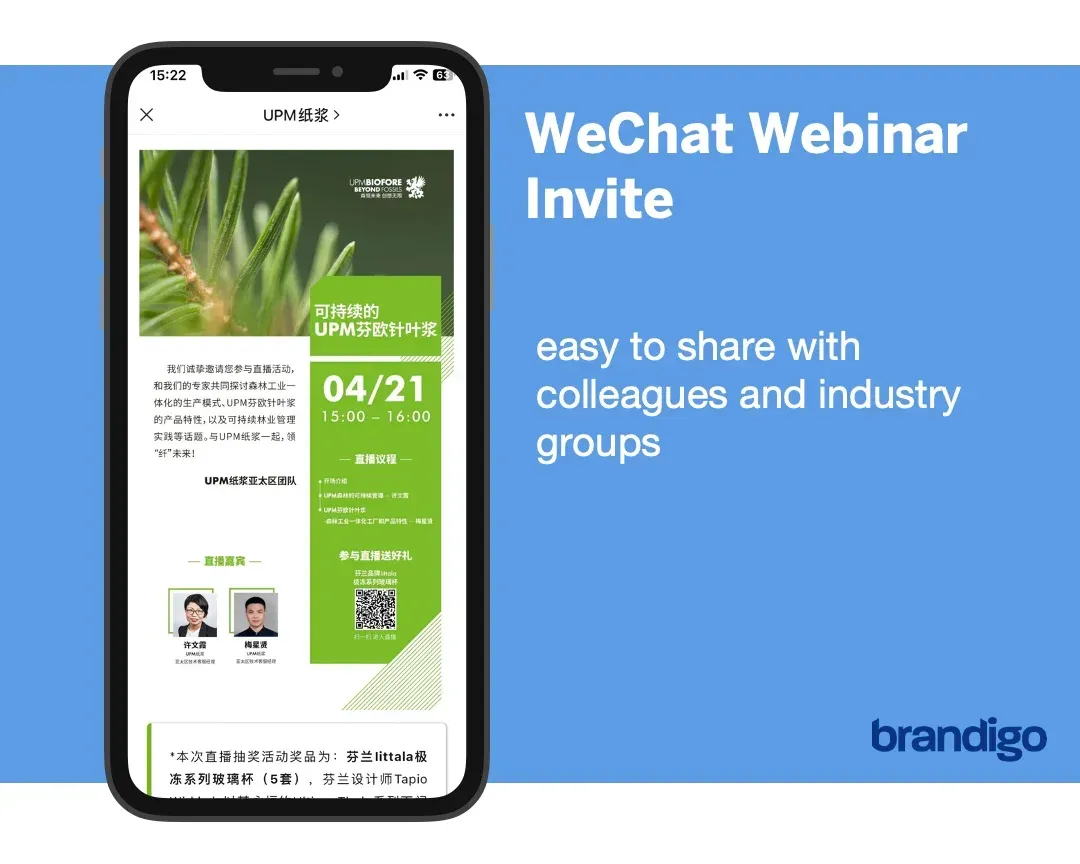
Webinars
Webinars are extremely popular with B2B companies and their target audiences. Like any webinar, providing up-to-date industry content and not over-selling is the key. You can host webinars through your WeChat account or other platforms.
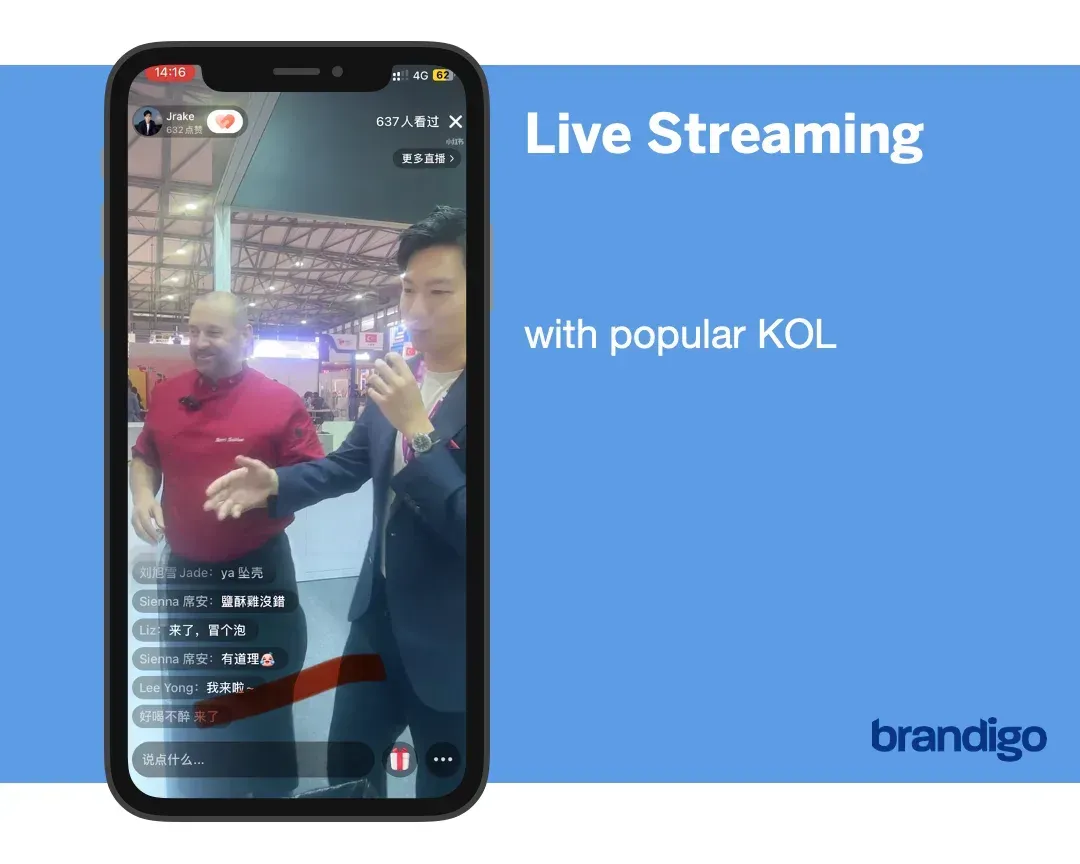
Working with KOLs
When diving into B2B marketing in China, remember that local key opinion leaders (KOLs) and influencers play a big role in influencing the decisions of your target audience. KOLs have blossomed through COVID and there are many levels of KOLs for different budgets, industries and target audience. Leveraging influencer marketing can significantly enhance your brand's visibility within the Chinese B2B landscape. This is particularly true for creating engaging product tutorials or reviews. By teaming up with KOLs, your business can tap into their loyal following. WeChat trade accounts are often called “KOL”, although this is really a misnomer.
What’s Next?
Navigating B2B marketing in China requires a strategic, informed approach that considers the unique aspects of the market. From understanding the digital landscape to developing targeted buyer personas and leveraging specialized channels, success hinges on your ability to adapt and innovate. With a commitment to building relationships, embracing digital transformation, and continuously refining your strategy, your business can thrive in China's dynamic B2B marketplace.



